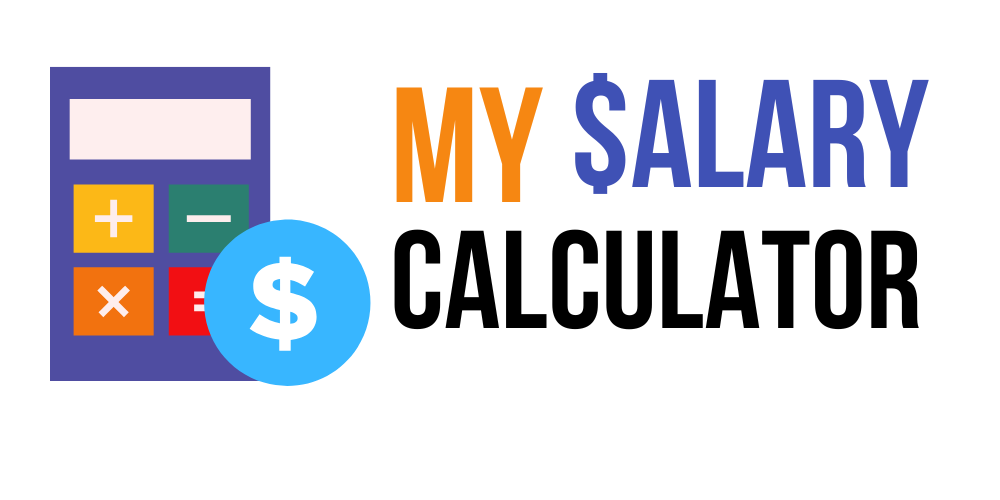If you are considering a career as a Diversional Therapist in Australia, you might be surprised to learn that this role not only offers personal fulfillment but also a competitive salary. Here’s a comprehensive look at the salary landscape, educational requirements, and future prospects for Diversional Therapists in Australia.
Salary Breakdown
The salaries for Diversional Therapists in Australia vary based on experience levels. Here is a breakdown of the typical annual, monthly, and hourly salaries:
Experience Level |
Annual Salary |
Monthly Salary |
Hourly Salary |
|---|---|---|---|
Entry-level |
$65,000 – $75,000 |
$5,417 – $6,250 |
$25 – $32.80/hour |
Mid-level |
$75,000 – $85,000 |
$6,250 – $7,083 |
$30 – $40/hour |
Senior-level |
$85,000 – $95,000 |
$7,083 – $7,917 |
$35 – $45/hour |
Regional Differences
Salaries for Diversional Therapists can vary significantly depending on the region within Australia. Here is a comparison of average annual salaries in different states:
| State | Average Annual Salary |
|---|---|
| New South Wales | $76,000 – $82,899 |
| Queensland | $70,000 – $85,000 |
| Victoria | $75,000 – $85,000 |
| South Australia | $70,000 – $80,000 |
How to Become a Diversional Therapist in Australia
To become a Diversional Therapist in Australia, you typically need:
- Bachelor’s Degree: In leisure, recreation, or diversional therapy, or a related field such as health science or applied science.
- Certifications: Membership with Diversional and Recreation Therapy Australia is often required.
- Training and Experience: Practical experience in coordinating therapeutic group and activity programs, especially in mental health or aged care settings, is highly valued.
Alternative pathways include online courses or industry-specific programs that focus on leisure and health, such as a Certificate IV in Leisure and Health.
Key Factors Impacting Income
Several factors influence the salaries of Diversional Therapists:
- Working Conditions: Working in mental health units or aged care facilities can impact salary levels, with those in more demanding roles often receiving higher compensation.
- Industry Demand: High demand in regions with aging populations or mental health service needs can drive up salaries.
- Skill Shortages: Areas with shortages of qualified Diversional Therapists may offer higher salaries to attract professionals.
- Educational Background: Advanced degrees or specialized certifications can lead to higher salary potential.
Future Job Scope
The future outlook for Diversional Therapists in Australia is promising:
- Expected Growth: With an aging population and increasing focus on mental health, the demand for Diversional Therapists is expected to grow.
- Industry Trends: There is a trend towards more holistic and activity-based therapies, which will continue to drive the need for skilled Diversional Therapists.
- Potential Challenges: The sector may face challenges such as funding constraints and workforce shortages, but these can also present opportunities for innovation and career advancement.
- Emerging Opportunities: New roles in community health services, private practices, and specialized care facilities are emerging, offering diverse career paths for Diversional Therapists.
Disclaimer
Salary values are estimates from reputable sources and may vary depending on factors such as employer, market conditions, and individual experience. For the most accurate and up-to-date information, it is advisable to consult job listings and industry reports directly.
